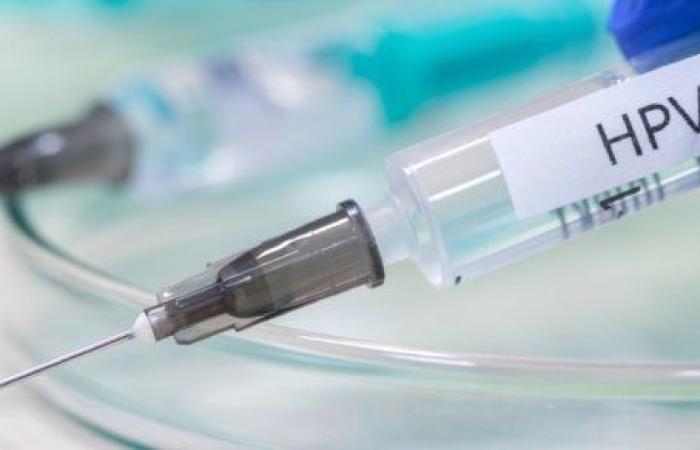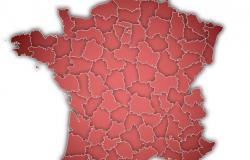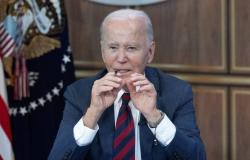The World Health Organization (WHO) announced on October 4, 2024, that the possibility of using a fourth HPV vaccine prequalified by the WHO, Cecolin®, to be administered as a single dose, has been confirmed. This important decision is based on new data regarding the product, which met the criteria set out in the 2022 WHO recommendations for the alternative and off-label use of single-dose HPV (Human Papilloma Virus) vaccines. This will help to somewhat combat the supply problems with the anti-HPV vaccine which has persisted since 2018 and will thus allow a large number of girls to have access to the vaccine and protect themselves against cervical cancer. uterus.
According to the WHO, more than 95% of the 660,000 cases of cervical cancer that occur worldwide each year are caused by HPV (Human Papilloma Virus). Every two minutes, a woman dies from this preventable disease, and 90% of these deaths occur in low- and middle-income countries. 19 of the 20 countries hardest hit by cervical cancer are in Africa. However, it is a disease that is preventable by vaccination.
In many countries, such as Burkina Faso, the HPV vaccine is given to young girls in two doses. To this two-dose vaccination schedule, a single-dose schedule is increasingly being added. This will undoubtedly improve vaccination coverage. “Unlike most other cancers, cervical cancer can be eliminated, along with the painful inequalities it causes. By adding the option of administering a single-dose HPV vaccine, we are moving closer to the time when cervical cancer can be relegated to oblivion. “, said Dr Tedros Adhanom Ghebreyesus, Director-General of WHO.
Global data released on July 15, 2024 indicate that single-dose HPV vaccine coverage among girls aged 9 to 14 years increased from 20% in 2022 to 27% in 2023. As of September 10, 2024, 57 countries were implementing implementing the single-dose regimen, compared to 37 in 2023. The WHO estimates that the adoption of this regimen made it possible to vaccinate at least six million additional girls against HPV in 2023.
WHO also highlights that this year, countries and partners have pledged nearly US$600 million more towards the elimination of cervical cancer, including US$180 million from the Bill Foundation. and Melinda Gates, 10 million USD from UNICEF and 400 million USD from the World Bank. Combined with Gavi’s commitment, these investments will help accelerate the introduction of the HPV vaccine and increase vaccination coverage among girls by 2030.
HPV vaccine supply shortages
The introduction of the HPV vaccine has been hampered by global supply shortages since 2018 and production problems experienced by one of the manufacturers this year have led to further shortages, which could impact millions of people. girls in need of HPV vaccines in Africa and Asia.
“The goal of the first pillar of the WHO global strategy to accelerate the elimination of cervical cancer is for 90% of girls to be fully vaccinated against HPV by age 15 . Given ongoing supply challenges, this additional single-dose vaccine will provide countries with greater vaccine choice for more girls,” said Dr Kate O’Brien, Director of Immunization, Vaccines and Biologicals. of the WHO. We therefore hope that Burkina Faso follows in the footsteps of countries which have already switched to the single dose vaccine, in order to allow all girls aged 9 to 14 to receive the vaccine and thus protect themselves against cervical cancer. ‘uterus.
Justine Bonkoungou
Lefaso.net
Source : OMS






